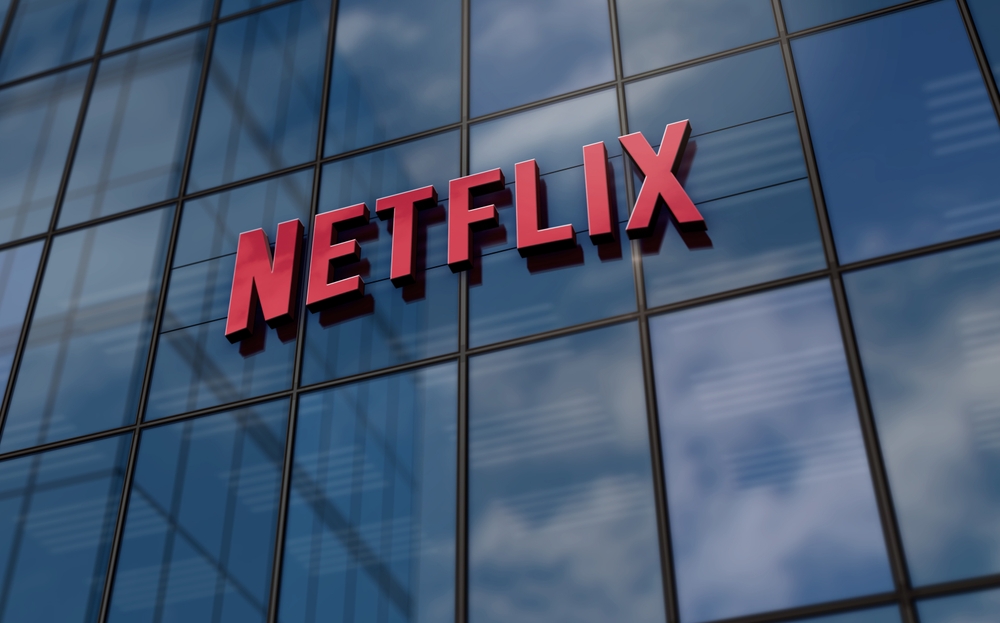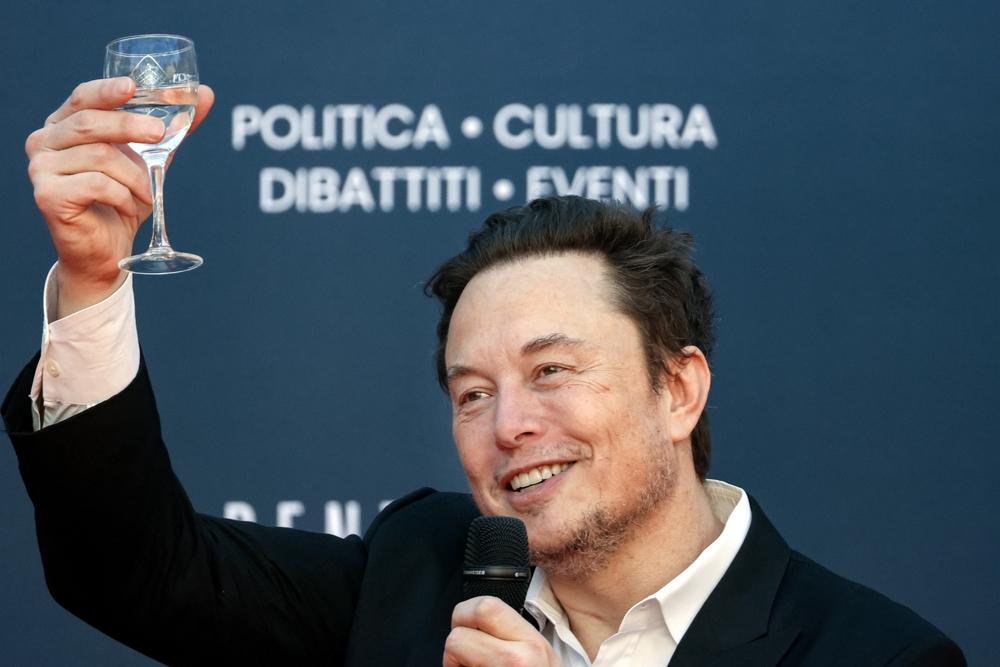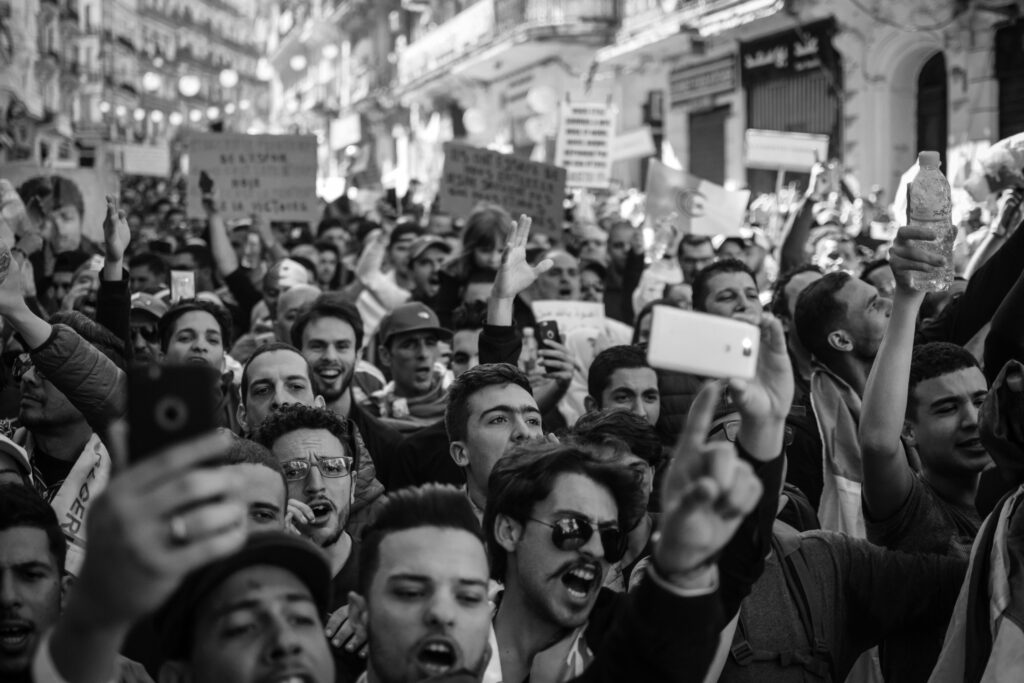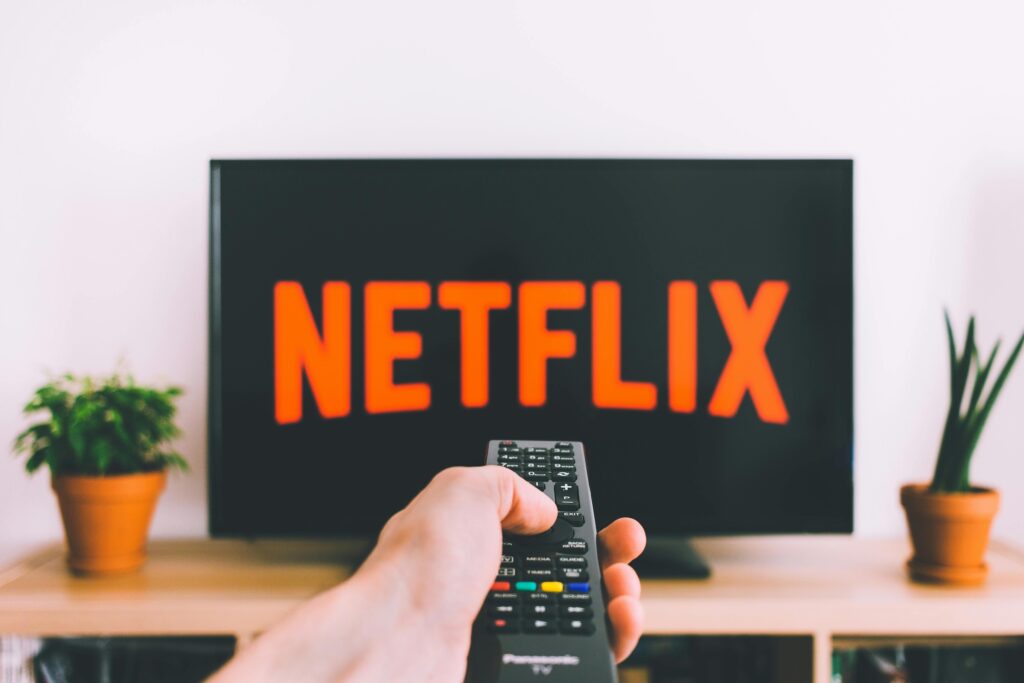Elon Musk Pushes for Netflix Cancellations and Culture War Erupts

When Elon Musk speaks, the digital world listens and when he commands his 226 million followers to cancel their Netflix subscriptions, the ripple effects are instant and global. The Tesla and SpaceX chief has never shied away from using his platform to stir debate, challenge corporate giants, and inject himself into the ongoing cultural wars of the internet age. But his latest campaign against Netflix has gone beyond his usual online sparring matches. With calls to “Cancel Netflix for the health of your kids,” Musk has framed the battle not only as a matter of taste or politics, but as a question of morality and generational well-being. The sheer weight of his following means that even a fleeting tweet can carry consequences for companies worth hundreds of billions. And in the case of Netflix, the stakes are enormous the platform is more than just a streaming service; it’s a cultural juggernaut shaping entertainment and identity across continents.
What makes this controversy remarkable is how small its origins were. The catalyst was not a blockbuster Netflix series or a marquee Hollywood actor but a relatively obscure animated show, Dead End: Paranormal Park. Cancelled in 2023 after just two seasons, the show had largely slipped into the archives of Netflix programming. But when a clip resurfaced and was circulated by the conservative account Libs of TikTok, it was suddenly reframed as a symbol of the so-called “woke agenda” in children’s programming. From there, Musk amplified it to his immense audience, transforming a forgotten cartoon into a lightning rod for debates over trans representation, creative freedom, corporate politics, and the very future of streaming culture. This was no longer about one show; it became a cultural flashpoint, with Musk positioning himself as the protector of children and Netflix as the latest battleground in his war against “woke ideology.”
How One Cartoon Sparked a Global Backlash
The firestorm that Musk ignited began with Dead End: Paranormal Park, a quirky animated series adapted from Hamish Steele’s comic book series DeadEndia. The show centered on Barney, a transgender teen who navigates supernatural adventures in a haunted theme park. For its creators and many fans, it was a groundbreaking step toward inclusive storytelling in children’s programming not simply entertainment but a lifeline for kids seeking to see themselves reflected on screen. However, once Libs of TikTok spotlighted a scene of Barney affirming his trans identity, the narrative shifted sharply. The post accused Netflix of “pushing transgender ideology on children,” framing the series as propaganda rather than representation.
Within hours, Musk reposted the clip with the phrase “This is not ok.” That simple declaration lit the fuse on a controversy that might otherwise have burned out quietly. Instead, Musk’s involvement catapulted the show, and Netflix as a whole, into the center of a global debate. Over just three days, he called for the cancellation of Netflix subscriptions more than two dozen times, often employing memes that portrayed Netflix’s “woke agenda” as a Trojan horse invading children’s minds.

The hashtag #CancelNetflix surged into trending lists, reflecting not just the anger of his followers but the cultural power Musk wields as both a celebrity and a tech mogul. What had once been a niche cartoon suddenly became symbolic of broader anxieties about the direction of children’s media, gender identity, and cultural values.
For Netflix, this was not uncharted territory. The platform has weathered controversies before, most famously during the backlash over the French film Cuties, which was accused of sexualizing minors. But Musk’s unique status as both a billionaire and an online provocateur set this controversy apart. His engagement ensured the outrage reached audiences far beyond the usual conservative media ecosystems, making it a global story rather than a localized debate. And while Netflix may have cancelled Dead End months before, Musk’s amplification gave the show a second, unexpected life not as entertainment, but as a weapon in the cultural battlefield.
Hamish Steele, Zach Barack, and the Human Toll
$NFLX Netflix faces backlash after $TSLA CEO Elon Musk urged users to cancel subscriptions over “woke” content in Dead End: Paranormal Park.
— Ticker Wire (@Tickerwire) October 2, 2025
Shares slipped as cancellations and culture-war tensions add pressure to retention. pic.twitter.com/6uBuS5uAOl
For Hamish Steele, the British creator of Dead End: Paranormal Park, the sudden attention was devastating. Steele, who identifies as queer, found himself targeted by a wave of abuse after Musk and his followers amplified allegations that he had celebrated the death of conservative activist Charlie Kirk, who had recently been shot. Steele flatly denied the claims, describing them as “all lies and slander,” but the damage was done. Social media platforms were soon filled with vitriol, including antisemitic and homophobic messages aimed at Steele personally. What began as criticism of a show quickly became a harassment campaign that blurred the line between political discourse and personal attack.
Equally caught in the crossfire was Zach Barack, the voice actor behind Barney. Barack, the first openly trans actor to appear in the Marvel Cinematic Universe, has been a vocal advocate for the importance of representation. In response to Musk’s posts, Barack noted that parents and children had told him the show “saved their lives” by offering a model of self-acceptance. For many young viewers, seeing a transgender protagonist wasn’t about indoctrination it was about survival, hope, and the chance to see a future for themselves. Yet amid the outrage, voices like Barack’s were often drowned out by the noise of cultural warfare.
This human cost is one of the most striking features of the saga. Steele and Barack are not billionaires or political titans; they are creatives who poured themselves into a project meant to entertain and inspire. Once that project was reframed as political propaganda, they became lightning rods for anger they had little power to deflect. Their experiences reveal the brutal imbalance of modern culture wars, where ordinary creators are thrust into the spotlight not by choice but by the amplification of figures with platforms too large to ignore.
Musk’s Broader Campaign Against Netflix

Elon Musk’s attacks on Netflix were not confined to Dead End. They expanded into criticisms of the company’s hiring practices, political leanings, and broader programming strategy. Musk amplified claims some unverified or outright false that Netflix engaged in “anti-white discrimination” through its diversity and inclusion efforts. He reposted data suggesting the company’s employees overwhelmingly supported Democratic candidates. And he joined in critiques of other shows like The Baby-Sitters Club and CoComelon, painting them as evidence of a coordinated agenda to “push pro-trans themes” on unsuspecting children.
This campaign dovetailed neatly with Musk’s long-running war against what he calls the “woke mind virus.” Since taking over X, he has frequently used the platform to elevate culture-war talking points, from debates over gender identity to disputes about political correctness in media. Yet the Netflix boycott felt more personal. Musk’s relationship with his transgender daughter, Vivian Wilson, has been widely reported as strained to the point of rupture. In her legal petition to change her name and gender in 2022, Vivian declared that she no longer wished to be related to Musk in “any way, shape or form.” Musk has since spoken publicly about her as though she were lost to him, blaming “woke ideology” for driving them apart. Against this backdrop, his attacks on trans-inclusive media take on a deeply personal dimension, suggesting that his public crusade is also an extension of private grief and anger.
Critics argue that Musk is weaponizing his personal pain to wage ideological battles on a global scale. Supporters counter that he is standing up against a cultural shift they view as harmful to children. Either way, his involvement ensured that the debate could not be contained to niche corners of the internet. With his reach and resources, Musk transformed a long-cancelled show into a flashpoint of global discourse, dragging Netflix into a storm it could not easily dismiss.
Did the Boycott Hurt Netflix?

The practical question behind any boycott is whether it works. In Netflix’s case, the answer is complicated. On the financial front, the impact appears limited. The company boasts more than 300 million subscribers worldwide and generates billions in revenue each quarter. While Musk’s posts coincided with a stock dip of 2–5%, analysts quickly noted that such fluctuations are common and often short-lived. Alicia Reese of Wedbush Securities argued that Musk’s boycott calls came too late in the quarter to affect Netflix’s reported subscriber numbers. Tim Seymour of Seymour Asset Management characterized the backlash as “fleeting internet outrage” unlikely to dent the company’s long-term growth.
But money isn’t the only metric. Reputationally, Netflix’s image has once again been entangled in the culture wars. For advocates of LGBTQ+ representation, Netflix stands as a champion of diverse storytelling, unafraid to platform marginalized voices even at the risk of controversy. For critics aligned with Musk, the platform symbolizes the dangers of politicizing children’s content and prioritizing ideology over quality. These perceptions, while harder to measure than stock prices, shape brand loyalty, employee morale, and future creative decisions. The true impact may not appear on balance sheets but in the cultural positioning of Netflix as both a pioneer and a punching bag.
Outrage, Celebrity Power, and the New Reality of Boycotts

What the Musk-Netflix clash illustrates most clearly is the transformed landscape of modern outrage. Once, boycotts required grassroots organization, petitions, and physical protests. Today, a single viral clip and the amplification of a celebrity can create global pressure within hours. Musk’s tweets exemplify this shift: with one repost, he turned an obscure children’s show into the centerpiece of an international culture war. The scale of his influence means that markets twitch, media outlets scramble, and creators are thrust into headlines whether they want to be or not.
Yet the spectacle often overshadows the substance. For many observers, the boycott became entertainment a storyline to watch, meme, and debate online. The deeper issues of representation, free speech, and corporate responsibility were flattened into slogans and memes. And while Musk and Netflix sparred by proxy, the collateral damage landed hardest on people like Steele and Barack, whose careers and personal well-being were swept up in the storm.
The imbalance of power here is stark. A billionaire can rally millions with a few keystrokes, while an independent artist may struggle to defend their reputation against a torrent of harassment. This dynamic reflects a broader truth of the digital age: influence is unevenly distributed, and those caught in its currents often have the least ability to navigate them.
What We Can Learn From the Musk vs. Netflix Showdown
The lessons of this episode are both practical and philosophical. For audiences, it is a reminder of the need for critical consumption. Outrage thrives on partial truths and stripped context. Pausing before amplifying a claim asking who benefits from the outrage, and whose voices are missing can help mitigate harm. For creators, the saga underscores the importance of preparation. Having statements ready, building support networks, and protecting mental health are vital when one’s work can suddenly be reframed and weaponized by forces beyond control. For platforms like Netflix, the controversy highlights the value of transparency and context. Adding clearer ratings, content descriptors, and tools to prevent clips from being ripped out of context could help defuse future flashpoints.
Philosophically, the Musk-led boycott illustrates the double-edged sword of celebrity power in the digital age. Musk’s ability to influence millions is undeniable but so too is the human cost of wielding that influence without caution. Whether one sees him as a cultural crusader or a reckless provocateur, his involvement ensures that no debate remains small once he enters it. And for better or worse, that means that the stories we tell, the shows we watch, and the way we argue about them will continue to be shaped by the gravitational pull of celebrity outrage.
Netflix will almost certainly weather this storm, as it has others before. But the larger question remains: in a world where outrage can be weaponized at the speed of a tweet, how do we protect truth, creativity, and vulnerable communities from being crushed under the weight of digital spectacle?
Loading...

